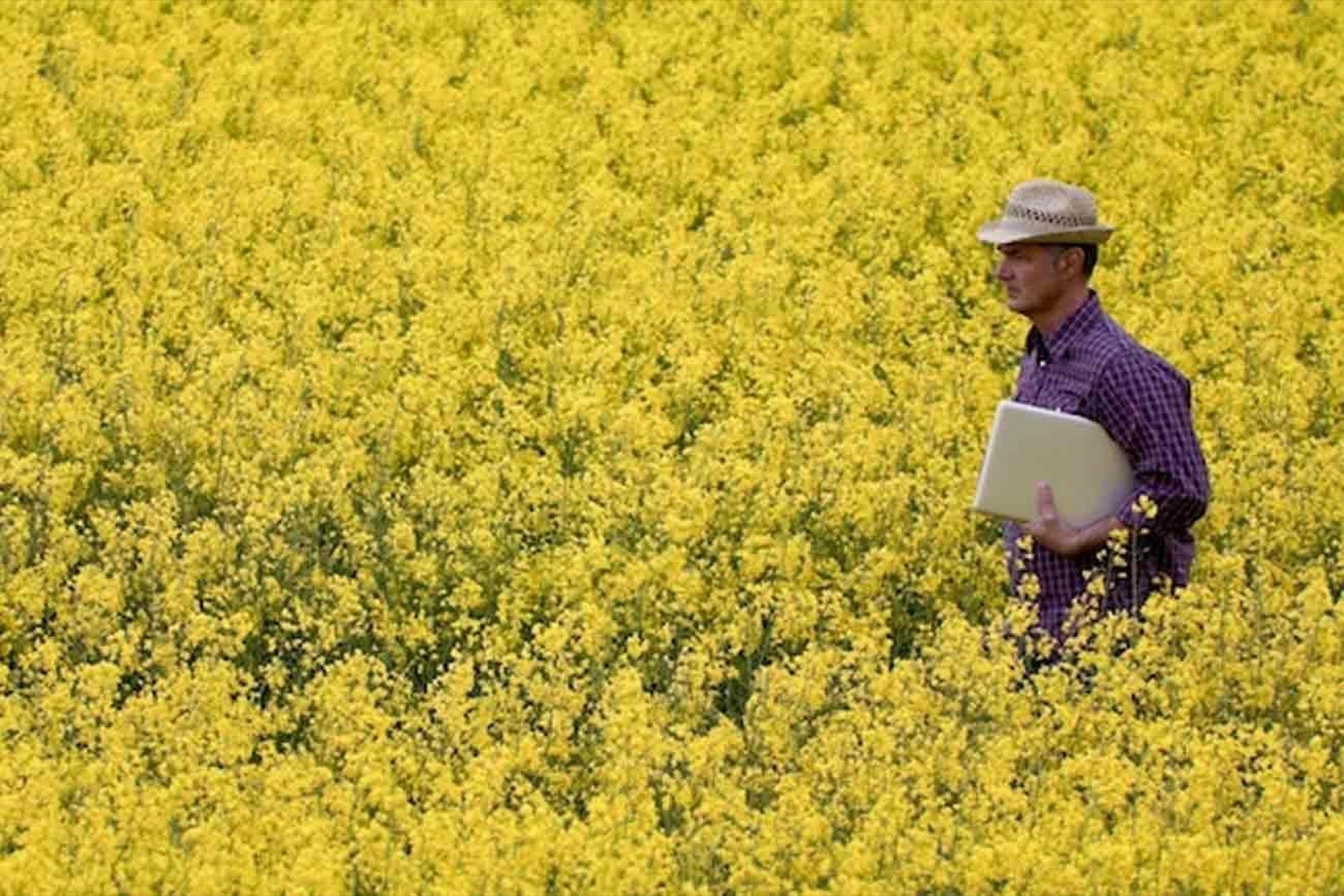How this Agritech Startup is Trying to Solve the Indian Agrarian Crisis They focus on computer vision based analysis of images to grade the quality of the produce
You're reading Entrepreneur India, an international franchise of Entrepreneur Media.

For years and years, after every agricultural produce, Indian farmers have bundled up their produce, stacked them in trucks and moved to the mandis in their district with hopes to sell at a fair price. However, many a times, they are forced to go back with their produce either because of the interference of middlemen offering them a lower price or the quality failing to pass the test.
According to studies, 54.6% of the Indian population is engaged in agriculture and allied activities (census 2011) while the contribution to the country's Gross Value Added accounts to 17 per cent. Needless to say, the Indian Agriculture industry forms a major part of the economy. The challenges and opportunities in the industry has opened the gateway to entrepreneurship, leading to the formation of various agritech startups.
One agritech startup that has been creating a ripple in the industry is Intello Labs, founded by an IIT alumnus it focuses on computer vision based analysis of images to grade the quality of the produce. Entrepreneur India spoke to Milan Sharma, CEO, Intello Labs to talk about how they are using Artificial Intelligence and Machine Learning to address the woes of the agricultural industry.
From the Mandis of Rajasthan, a Pivot
The step into agritech was quite by accident for Sharma. While they were looking at image-based analysis of products, they were suggested to visit the mandis in Rajasthan. Once there, they realised that agricultural analysis was an underserved domain.
While visiting the mandis in Rajasthan, the team also noticed that the people handing out forms to check the quality of grains had no clue of what the parameters were. Without even the presence of a moisture meter, the moisture content of grains was being passed. "While senior leaders recognise the errors and know the system, there are no changes implemented in the hierarchy that can assure the quality testing of the product," said Sharma.

The Opportunities in the Market
At mandis or by food regulators, the quality of the produce is manually checked and errors often rule the result. Bringing in transparency into the system, Intello Labs uses technology to make the process automated and efficient.
Specialising in food quality and commodity grading, the folks at Intello Labs have simplified how the quality of the produce is assessed. "All one has to do is upload an image of the produce and it will give you an automated analysis of the quality, set according to the standards of the market," said Sharma.
With over 27,000 mandis across India, the photo-based quality grading of produce has great revenue potential and is also a game changer, believes Sharma. It will also account to a way of saving food wastage, as today from 5-15 per cent of food items go to waste as they can't measure up to the quality standards. "This will help farmers and retailers cut down their losses and could contribute to their potential savings, we are quite excited about the scope in this sector," he said.
For their growth, they are also creating partnerships with various groups including institutes, agritech incubators, consultants etc. However, given the diversity of topics that come under agriculture finding an expert who is a jack of all trades is often difficult. "There's no single expert who can solve all problems, depending on each use case, we reach out to unique experts from the field," he said. While their platform currently recognizes 12 products, they soon plan to make way for the identification and analysis of 90 different commodities (which are graded according to the Agmark guidelines) and almost all fruits and vegetables.
Ground Reality is A Challenge
The Indian Agriculture industry is one ridden with middlemen, where many a times the farmer turns out to be the loser in the economy. However, when it comes to grading the quality of a product, the measurement standard is same throughout the chain (from farmers to food processing companies and retail owners). So, with the entry of Intello Labs in the chain, often power gets threatened easily.
During their research, one of the problems they faced was gathering the right images of even bad products and training the algorithm to recognise them. "We would go farm to farm, shop to shop, asking for bad grains which surprised people. The ground reality is a challenge," he said.
However, when they started, the reaction was quite interesting according to Sharma. "It's a novel concept, so doors were opening for us very easily and we were landing the first meetings very easily. But it is after that, that the bureaucracy gets involved, slowing the process down," he said.
Given the advanced technology they use, another challenge that the team faces is hiring the right talent. With the opening up of AI being a recent phenomenon, getting experienced talent is a challenge. "We use cutting edge tools in the analytical world, so even if we do get skilled talents it's at a huge premium, or we have fresh out of college graduates, who require a lot of training," said Sharma.











